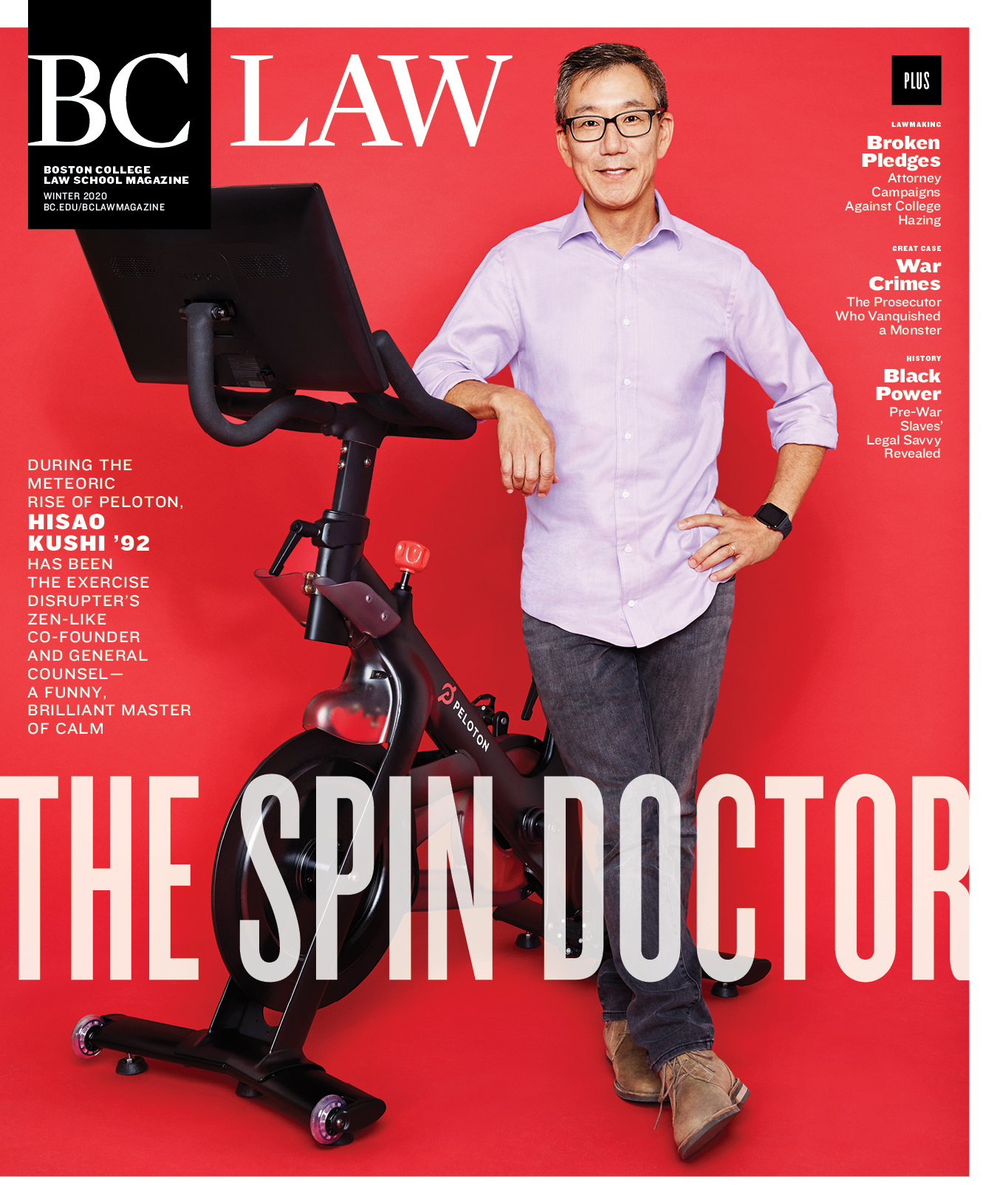Labor and employment law might seem to deal with relatively narrow concerns. No area of the law, however, touches people more directly and constantly. This body of law lies at the center of human activities. A society structures itself through the way it orders work, determines the conditions under which people perform work, and decides whether and how to protect the most vulnerable workers and those incapable of working. As humans, we need work, and for more than purely instrumental reasons like feeding ourselves. We make ourselves through our work; in significant ways, we are the subject of our work.
As work and how we perform it changes, labor and employment law regimes around the world stand under growing pressure. Income inequality has grown as union density rates and the practice of collective bargaining have declined and as the efficacy of employment law regimes has lessened. For example, a series of US Supreme Court decisions permit employers to require their employees to agree to mandatory arbitration of workplace disputes. As a result, 60 million employees now are foreclosed from bringing any legal claims against their employers, including statutorily-based employment discrimination and sexual harassment complaints, before a court.
Increasingly, employment no longer represents an ongoing relationship, something the law typically presumes, but rather a series of intermittent spot contracts: Crowdworking platforms present a prime example. The growing practice by which employing entities lease workers from third-parties, sometimes called the “fractionalization” of the workplace, has exacerbated this trend. Workforce participation rates in the US, particularly among prime-age males, have declined steadily for decades, and the trend has accelerated. Some theorists suggest that in the near future, technology will eliminate 40 percent of current jobs.
While the US, as usual, presents an extreme case, many of these developments are appearing in other places as well, even in such supposedly “worker-friendly” countries like Germany. There, income disparities steadily have increased along with the rise in the use of “precarious” or non-standard, poorly paid, and insecure “gig” work. Union membership has declined (under 20 percent of the workforce) and the vaunted German “works-council” system, that gives workers voice in a wide-range of managerial decisions, now covers only about 40 percent of workplaces.
Work is changing and there may well be less of it in the future. To borrow a line from The Federalist Papers, we can allow the future of work to be the result of “accident and force or reflection and choice.” The industrial revolution radically changed both the nature of work and of the employment bond. In both civil and common law systems, lawyers played a key role in shaping the way societies would order work in light of new circumstances.
Like our predecessors, we face unprecedented conditions and an opaque future. Our current employment law regimes are no longer sufficient. Outside the US, lawyers have begun a serious, interdisciplinary discussion of how to structure a new order for a future that may offer substantially less “market-work,” and where demands for flexibility both from workers and employers may increase. These discussions include consideration of the contributions that the Catholic social thought tradition and Christian ethics might offer, which emphasize the common good and the “human” character of work. American lawyers should join the conversation. We cannot afford to leave our future to force and chance.



